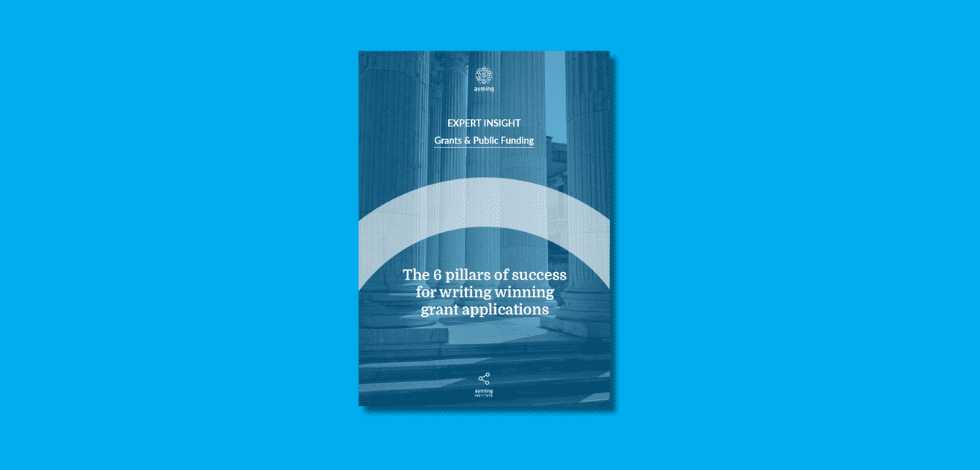After four months of the Brexit deal, there are many companies in The United Kingdom implementing changes to not suffer unintended consequences in its activity in Europe.
How is UK business affected after Brexit? Let’s analyze some relevant aspects to take into account:
UK after Brexit: Can UK companies export in Europe?
According to trade agreement EU-UK and an informative note issued on 8th October 2020 by the Customs and Exit duties Unit of the Spanish tax Agency, from 4th November 2020, non-established companies in EU, as is the case with UK companies, will no longer be allowed to submit customs declarations (SAD documents) in which the exporter is identified with an EORI linked to a non-established company in the EU.
This warning was based on two relevant facts; the new definition of exporter in force from 31ST July 2018 which defines an exporter as the person established in the customs territory of the Union, and the fact of the expiration of the transitory regime given by the regulations for the adaptation of the data of the EORI base (Annex II of the Implementing decision (EU) 2019/2151 of the commission of December 13, 2019).
In conclusion, the law already regulated the impossibility of acting as exporters in EU for non-established entities for quite some time. However, the Spanish Tax Agency was allowing it in practice until 4th November 2020. However, the are some alternatives to performing export operations in the EU being a non-established company, such as appointing an established company in the EU as the exporter for Customs purposes, being an indirect representative.
Nevertheless, it is important to consider that the real owner of the goods sent abroad would be the non-established company who would be the exporter for VAT purposes.
In this sense, it is important to take into account that the export operation is a taxable event for VAT purposes that would oblige the non-established company to register for VAT in the EU country in which the export takes place.
UK after Brexit: Can UK companies import in Europe?
In practice, we observe that non-established companies having an EU EORI number are still being allowed to carry out import declarations in EU.
Nevertheless, according to the Union Customs Code (UCC), the customs declarant must be, in principle, established in the customs territory of the Union.
Therefore, to avoid unintended consequences, non-established companies will need to review the options to carry out import operations in the EU, meeting the regulations of the UCC. For this purpose, they must appoint a representative for Customs purposes; this is the Customs agent who will be established in the Customs Territory of The Union, through the indirect modality.
The indirect representative files the customs declaration in his own name but on behalf of the importer. The indirect representative acts as the customs declarant and is together with the importer (the non-EU company) debtor of the import duties.
Again, it is important to analyze the transaction for VAT purposes. The import is a taxable event for VAT purposes, subject to and non-exempt from VAT, which the taxpayer should pay and will be able to deduct.
The taxpayer will be the true owner of the goods, this is the non-established company which is the single subject with the right to deduction. Therefore, it is also advisable to choose the correct incoterm. DDP incoterm indicates that the supplier has the right to dispose over the goods at the time of importation.
It is also important to analyze what the correct procedure to recover the VAT paid on the import would be.
In this sense the import itself is not a taxable event that would impose VAT registration in the country where the import takes place. Thus, if no additional taxable events are carried out, must be applied the procedure for the taxable persons not established in the Member State of refund but in a third country with reciprocity agreement in terms of VAT.
If based on other transactions performed in the territory of the import, the VAT registration becomes mandatory, analyzing the possibility of applying an import VAT deferment system may be interesting since the non-established company could avoid the VAT payment on the customs entry.
Should UK companies appoint a fiscal representative for VAT purposes when registering for VAT in an EU country?
The criteria for requiring a fiscal representative for non-established companies in the EU is not standard, so, it will depend on the EU country in which the non-established company intends to register for VAT. For instance, Spain, Austria, Italy and Poland are some of the countries in which representation is required.
Belgium, Croatia or France are some of the countries which have made an exemption for this requirement for UK businesses after Brexit.
The fiscal representative for VAT purposes is normally jointly and severally liable for the debt in the country of registration of the non-established company it represents.
In conclusion, UK companies should carefully analyze in detail the correct procedure(s) to perform its deliveries within Europe. To carry out import and export operations in Europe is possible as long as the Customs Law provisions according to the UCC are met. Incoterms are also relevant for this purpose.
After Brexit, Customs formalities are necessary in the Custom territory of the Union, and some prior authorizations may also be requested by certain organizations.
Furthermore, in principle, The EU-UK Trade and Cooperation Agreement sets zero duties to goods delivered in the EU from UK (and vice versa). However, it is important to check whether the rules of origin are met, and in such case, prepare the corresponding valid proof of origin to be provided to the entry Customs Office.
Finally, we would like to highlight the importance of the VAT analysis of these international transactions to avoid unintended consequences.
At Ayming, we are experts in international transactions. We can help you analyze your supply chain transactions from a double perspective (VAT and Customs) providing the most practical approach in our advice to your business.
Sonia Álvarez Martín, Tax Director, Ayming.















No Comments